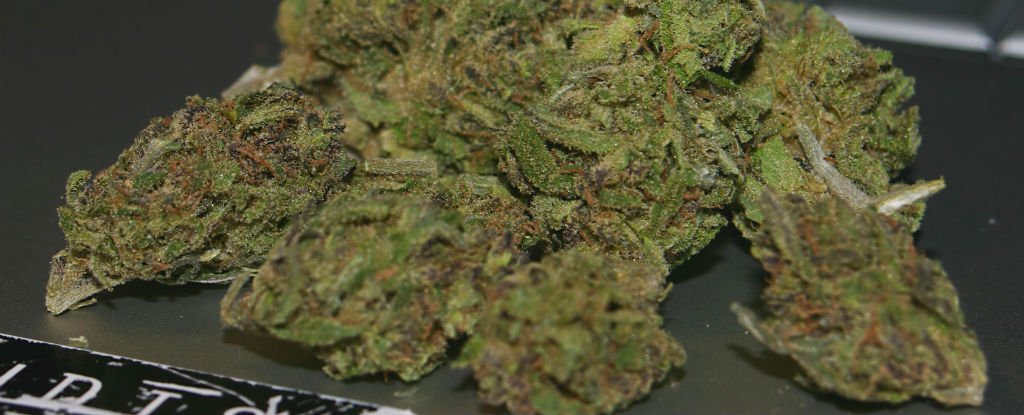October 2019
Antonio Giordano and Giuseppina Tommonaro
Abstract
Curcumin, a polyphenol extracted from Curcuma longa in 1815, has gained attention from scientists worldwide for its biological activities (e.g., antioxidant, anti-inflammatory, antimicrobial, antiviral), among which its anticancer potential has been the most described and still remains under investigation.
The present review focuses on the cell signaling pathways involved in cancer development and proliferation, and which are targeted by curcumin. Curcumin has been reported to modulate growth factors, enzymes, transcription factors, kinase, inflammatory cytokines, and proapoptotic (by upregulation) and antiapoptotic (by downregulation) proteins. This polyphenol compound, alone or combined with other agents, could represent an effective drug for cancer therapy.
Conclusions
The search for new effective drugs able to combat cancer diseases still represents a challenge for many scientists. Natural organisms (e.g., plants, bacteria, fungi) provide many active molecules with a potential application in medicine for the management of many diseases (neurodegenerative, cardiovascular, inflammation, cancers).
Curcumin, a polyphenol extracted from the rhizomes of Curcuma longa, belong to the most promising group of bioactive natural compounds, especially in the treatment of several cancer types. As reported in the present review, curcumin exhibits anticancer ability by targeting different cell signaling pathways including growth factors, cytokines, transcription factors, and genes modulating cellular proliferation and apoptosis. However, curcumin is not immune from side effects, such as nausea, diarrhea, headache, and yellow stool.
Moreover, it showed poor bioavailability due to the fact of low absorption, rapid metabolism, and systemic elimination that limit its efficacy in diseases treatment. Further studies and clinical trials in humans are needed to validate curcumin as an effective anticancer agent.











